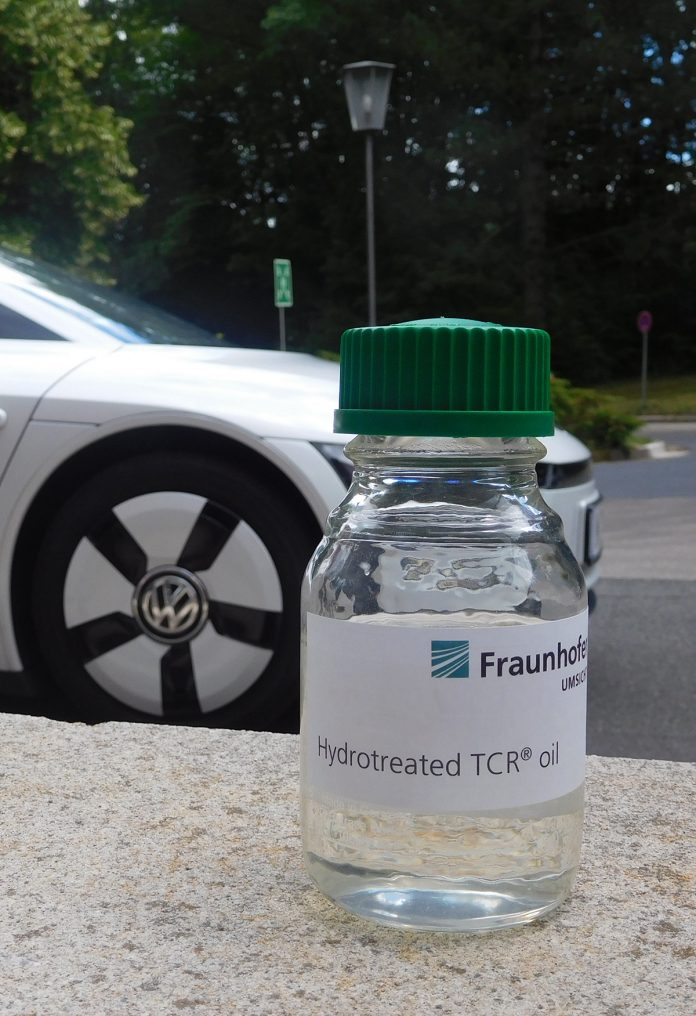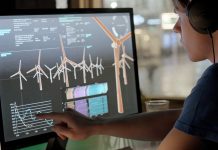The ToSynFuel project concerns synthetic fuels and green hydrogen from organic waste biomass
The project will demonstrate a new integrated approach and process, presenting many advantages in terms of the flexibility of scale and delocalisation at the regional and local level. The flexibility of feedstock, quality and reproducibility of products independent of feedstock, plus the competitive low cost of the product are also discussed here.
During October 2018, the Intergovernmental Panel on Climate Change (IPCC) released its latest climate assessment report. This outlined the current extent of the global temperature increase and the measures that will be required to meet the Paris Agreement target of minimising further average temperature increase above pre-industrial levels to less than 1.5 Celsius (within the current century).
The message is stark and the measures required are severe and far-reaching. Global anthropogenic (human-generated) greenhouse gas emissions must fall by 80-95% by 2050 if we are to stand any chance of meeting the Paris Agreement. This will require a global shift in attitudes towards energy consumption and the use/reuse of resources. Society will require greener homes, greener and more sustainable energy production, cleaner industry, cleaner agriculture, reduced disposal or the increased reuse of waste, as well as cleaner transport.
ToSynFuel is a four-year project funded by the European Commission which aims to contribute towards global climate change measures by applying a world-leading waste valorisation technology in conjunction with pressure-swing-adsorption and hydro-deoxygenation to produce clean and sustainable transport fuels and hydrogen from sewage sludge, both human and animal.
Thermo-Catalytic-Reforming (TCR®) is a patented valorisation process for residues developed by Fraunhofer UMSICHT. It is a highly flexible technology that can convert many forms of low-value residues (such as agricultural or industrial residues as well as municipal and human waste fractions) into petrol and diesel equivalents using low-cost, readily accessible plant components that require minimal maintenance.
ToSynFuel is focussed on the use of sewage sludge because it is a highly challenging feedstock that other valorisation techniques struggle to process and is of a plentiful, low-value supply that can be readily decentralised and dropped into existing value chains.
With its partners, the ToSynFuel project is building a demonstration plant at pre-commercial scale (over 7 tonnes per day) at a site in Hohenburg that currently locally dries and produces sewage sludge feedstock at around 10,000 tonnes per year.
If successful, this demonstration plant and the highly-scalable TCR® technology will pave the way for a follow-on project to develop a commercial-scale plant capable of processing around three tonnes per hour. With installations throughout Europe, TCR® could produce thousands of tonnes of green fuel per year from organic waste, saving over 80% in greenhouse gas emissions over the equivalent production of fossil fuels, therefore, contributing to the worldwide effort required to meet climate change goals.
This project has received funding from the European Union’s Horizon 2020 Research and Innovation programme under grant agreement No 745749.
Total budget: €14 511 922,50
EU financing: €12 250 528,13
H2020-LCE-2016-RES-IA
Duration: 48 months (2017-2021)
Please note: this is a commercial profile
Dr-Ing Robert Daschner
Head of Department Renewable Energy
Institute Branch Sulzbach-Rosenberg of Fraunhofer-Instituts für Umwelt-,Sicherheits- und Energietechnik UMSICHT
Tel: +49 (0)9661 908 410











